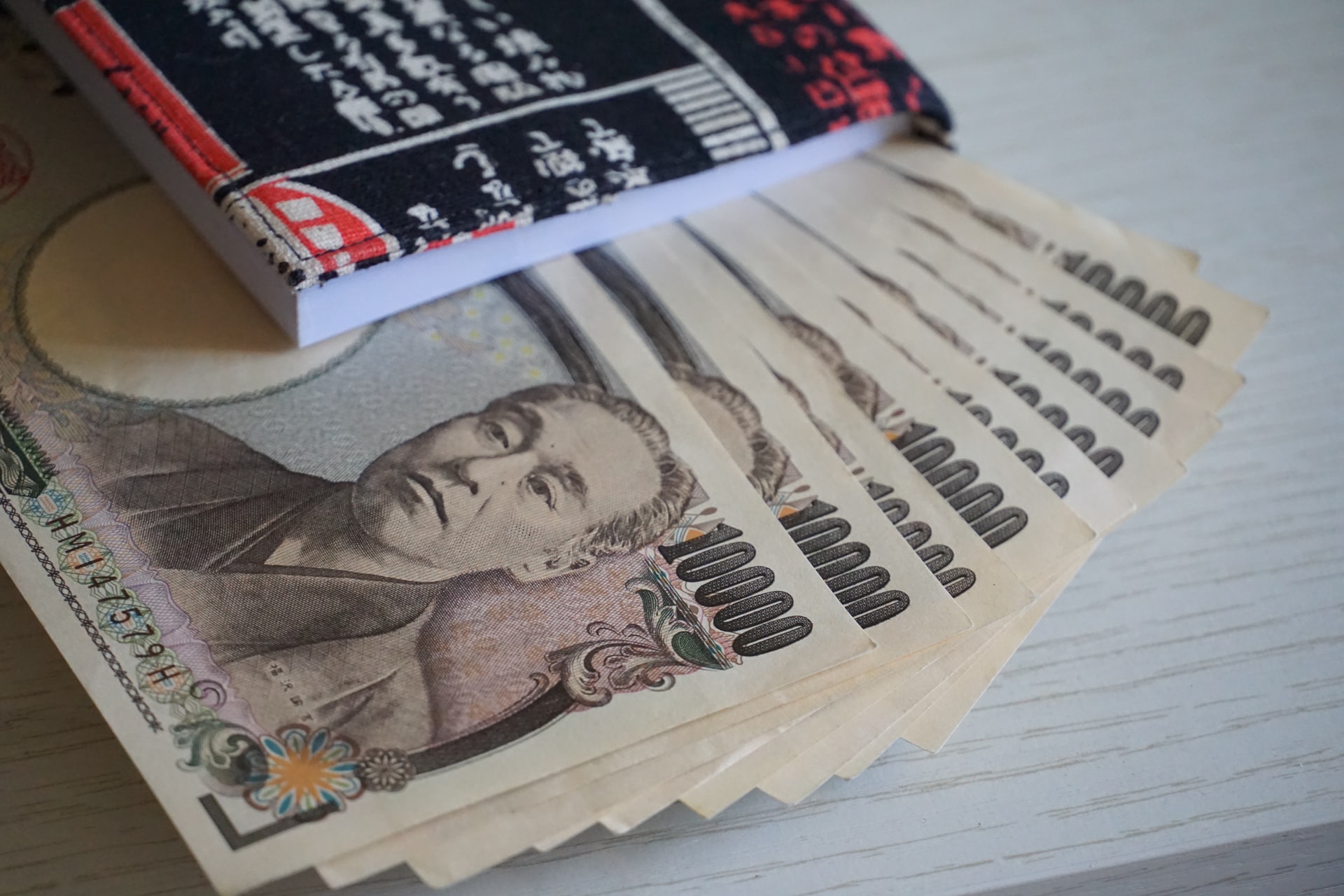Why could the yen fall further?

The comment by Anne Vandenabeele, Economist of Capital Group on the yen, following the maintenance of a super accommodative monetary policy by the Japanese central bank
The Japanese yen (JPY) tumbled, hitting its lowest level against the US dollar in decades, following the Bank of Japan's (BOJ) maintaining a super accommodative monetary policy. All this despite the fact that other central banks are starting to raise interest rates and reduce asset purchase programs.
The exchange rate between the yen and the US dollar, which currently stands at around 135 yen per dollar, is basically driven by the difference between real interest rates in the US and Japan. This means that the yen is nothing more than collateral damage to the divergent policies of the various central banks. We expect the yen to continue to depreciate as long as the BOJ maintains its rate curve control program (YCC) and the Federal Reserve continues to drive up US real interest rates. Could the yen drop as low as 150 against the dollar? Perhaps, even if that would represent the worst case scenario.
As the yen tumbles, pressure on the Bank of Japan increases. Investors have begun testing the BOJ's commitment under the rate control curve (YCC) to buy enough 10-year Japanese government bonds (JGBs) to set their yields below 25 points. base. The bank has not hesitated so far and the BOJ meeting on June 17 has not led to any change in strategy. The BOJ's stance of resistance to tighter policy and higher JGB yields is understandable: domestic inflation in Japan remains significantly lower than in many other developed markets. But this is not a sustainable situation, as the weakness of the yen increasingly contributes to higher imported inflation and lower real wages.
However, the BOJ is in a particularly difficult position as it probably does not want to appear to react to the foreign exchange market. We expect a change of strategy will occur sooner or later, but not before the markets can catch their breath and the BOJ gets the hang of it. Having an interest rate plan and maintaining some credibility to then propose it to the markets is of fundamental importance for the central bank.
As for the equity sector, the impact of a weak yen varies from sector to sector. Large exporters, such as auto makers and semiconductor manufacturers, typically benefit from a weak currency, although the effect could be mitigated by the fact that much of Japan's manufacturing has moved overseas in recent years. Domestic and consumer-oriented companies are likely to lose out. Should the JPY / USD exchange rate become uncontrollable, the first thing we expect is an intervention by the Japanese Ministry of Finance to buy yen. But this would likely be a short-term fallback measure.
Changes to the BOJ's policy could have a more lasting impact. The BOJ is in fact faced with two bad choices: a weakening of the yen that is affecting purchasing power and slightly higher rates that could weigh on employment. If and when the BOJ takes action, we believe it will likely expand the range of yields it is willing to accept on 10-year Japanese government bonds (JGBs) under the YCC program in the first place. allowing them to fluctuate between +/- 40 basis points, for example, rather than +/- 25 basis points. And if that's not enough to stabilize the currency, the BOJ might consider moving the YCC program towards five-year rather than ten-year bonds. This move could bring the yen closer to 120 against the dollar, causing a small jump in ten-year yields and an increase in the spread between the five- and ten-year JGBs. A final step could be to raise short-term rates slightly (perhaps by 10 basis points) and officially end the country's negative rate policy, thus generating a token effect that could help the yen recover value.
That said, we believe the BOJ is unlikely to take action until it has exhausted all short Japanese government bonds (JGBs) and is unable to provide economic justification for changing current monetary policy. We would also like to point out that this would not be a fundamental shift towards a cycle of tightening and normalizing the policy of the BOJ. Trend growth and inflation remain weak and do not justify much higher rates. Therefore, while the yen may appear extraordinarily cheap in many ways, we don't expect it to begin to appreciate until we see a catalyst that breaks the current set of fundamentals that keep it cheap – lower real rates in the US. or a healthy reflation in Japan. Therefore, we believe the yen will only remain attractive to investors who have a long-term view and are willing to “fight the Fed and the BOJ” for a long time.
This is a machine translation from Italian language of a post published on Start Magazine at the URL https://www.startmag.it/economia/perche-lo-yen-potrebbe-calare-ancora/ on Sat, 09 Jul 2022 05:05:03 +0000.
